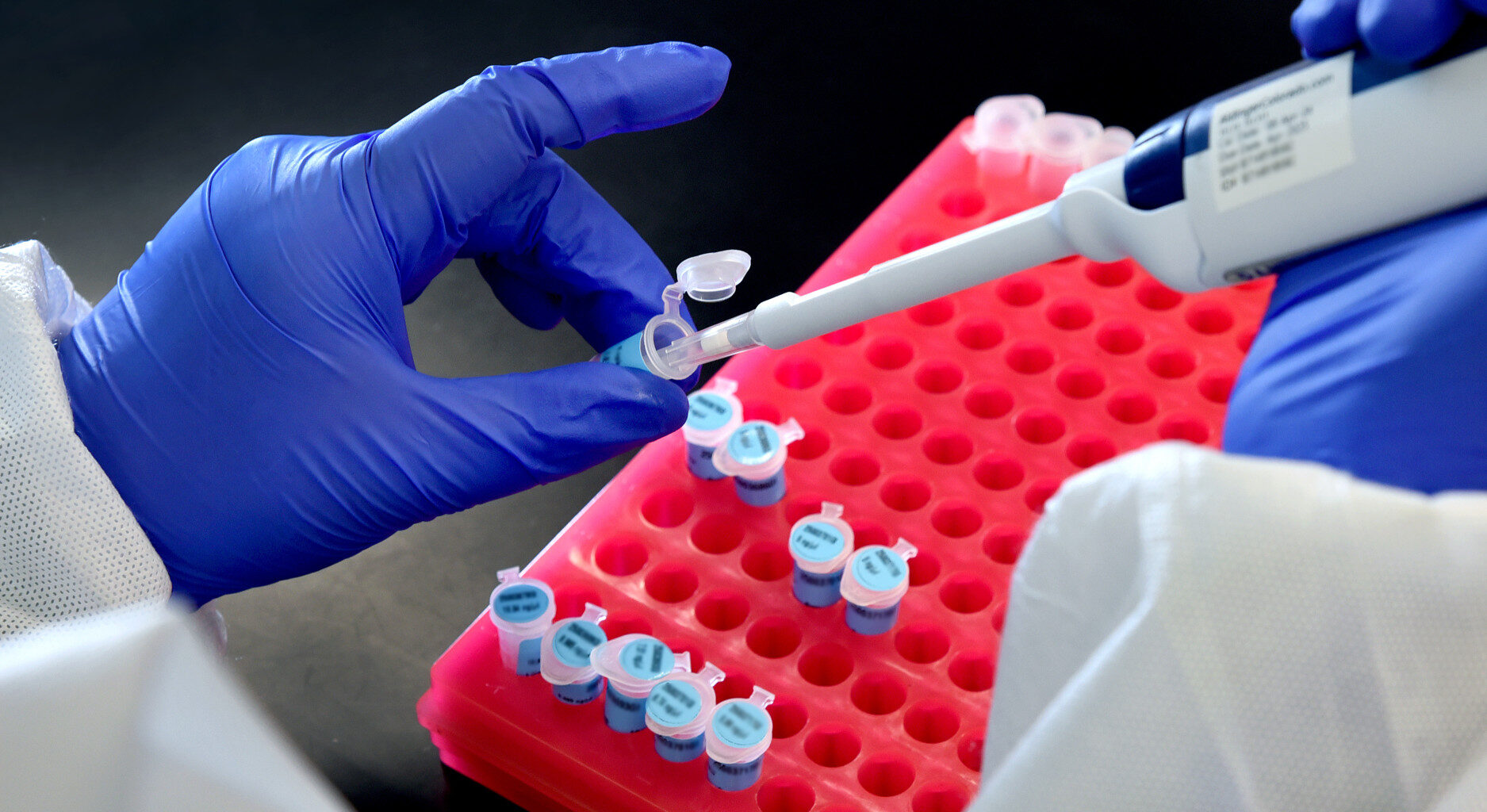Aurora, Colo. (September 8, 2025) – For more than 92,000 Coloradans, a simple blood sample is now unlocking life-changing genetic information. The biobank at the Colorado Center for Personalized Medicine (CCPM), a partnership between UCHealth and the University of Colorado Anschutz Medical Campus, recently reached a major milestone—the discovery of 1 million pharmacogenetic results or drug-gene indicators. These indicators uncover how a person’s genetics may influence how their body breaks down medications, why some treatments work well, why others may not, and what triggers side effects.
Since it launched in 2014, CCPM’s biobank has grown to become one of the largest in the country. Researchers use blood and saliva donations, combined with participants’ health information, to personalize care, study diseases and develop new medical treatments.
“The biobank’s main mission is to make health care more personalized for everyone,” said Christina Aquilante, PharmD, Director of Pharmacogenomics for the CCPM at the CU Anschutz Medical Campus and Professor at the CU Skaggs School of Pharmacy. “The ultimate goal is a world where patients receive the right medication at the right dose the first time—reducing trial and error, avoiding side effects and improving outcomes. Every result returned to a participant moves us closer to a future where providers can use genetics to deliver safer and more effective care for all.”
Among the 1 million pharmacogenetic results returned are five new genes that interact with common household-name medications for pain management, high blood pressure and anti-nausea like codeine, tramadol, metoprolol and Zofran. Discovering these genetic insights helps explain medication responses, ensures proper dosing for patients and enables clinicians to personalize treatment plans.
UCHealth patient and biobank participant, Jim Jensen, experienced serious adverse reactions to several medications, one that significantly affected his heart. After receiving results from the biobank, Jim’s care team was able to adjust medications for blood thinning and pain medications post-surgery to better suit his genetic profile.
“Knowledge is truly power when it comes to your health,” said Jensen. “The biobank gave me an understanding into how my body works, what it needs and what it can’t tolerate. This changed everything. Instead of reacting to illness, I can now understand my genetics to focus on preventing it. That shift has been life-changing,” he added.
In addition to returning 1 million pharmacogenetic results, researchers at the biobank have returned more than 1,000 results for Colorado families who can now better understand their disease risk for certain hereditary cancers, heart disease, or rare illnesses based on their genetic makeup.
Eligible UCHealth patients can participate in biobank research at no cost and may receive genetic results to tailor their individual health care needs. To learn more about the biobank, visit our website.
‘;

